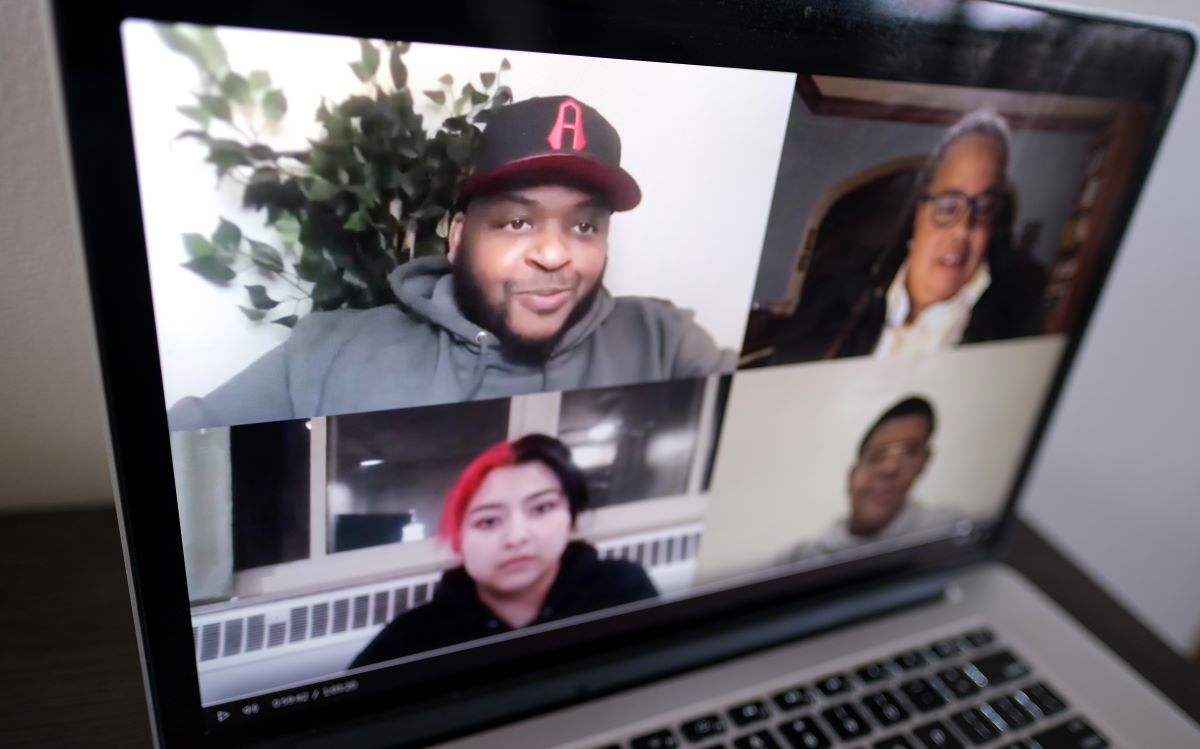


There is always the specter of state violence, casual racism and the brutal difficulty of having a body that lets you down. “I wanted to pepper and end the book with acerbic warnings to us fat black folk in the Deep South.” “I wanted to do that old black work of pandering and lying to folk who pay us to pander and lie to them every day,” he writes. In early chapters Laymon alludes to a simpler and more uplifting book, about weight loss and African American power.

The memoir was almost a different project. The searing and upsetting piece “My Vassar College Faculty ID Makes Everything OK,” felt so fresh and urgent, and introduced many readers to a voice that felt brilliant but brittle, furious but full of a desire to make everyone understand. There was hardly any food other than spoiled pimento cheese, the backs of molded wheat bread, a half-empty box of wine, and swollen green olives.” When he thought of places like the “rich-white folk houses” his grandma cleaned for, he “imagined stealing all their food while they were asleep.”Īnger and beauty, agony and the will to go on: It all goes back to an essay Laymon published four years ago, in Gawker. “At our house,” writes Kiese Laymon - recalling a Mississippi childhood in a startling, essential new memoir, “Heavy” - “there was no pantry.


 0 kommentar(er)
0 kommentar(er)
